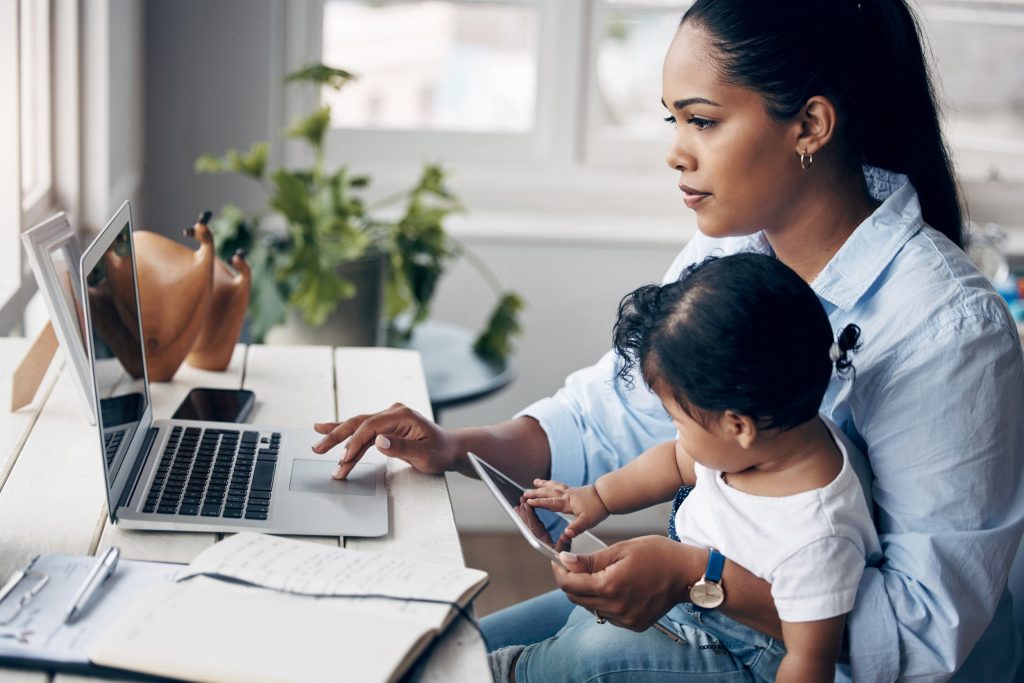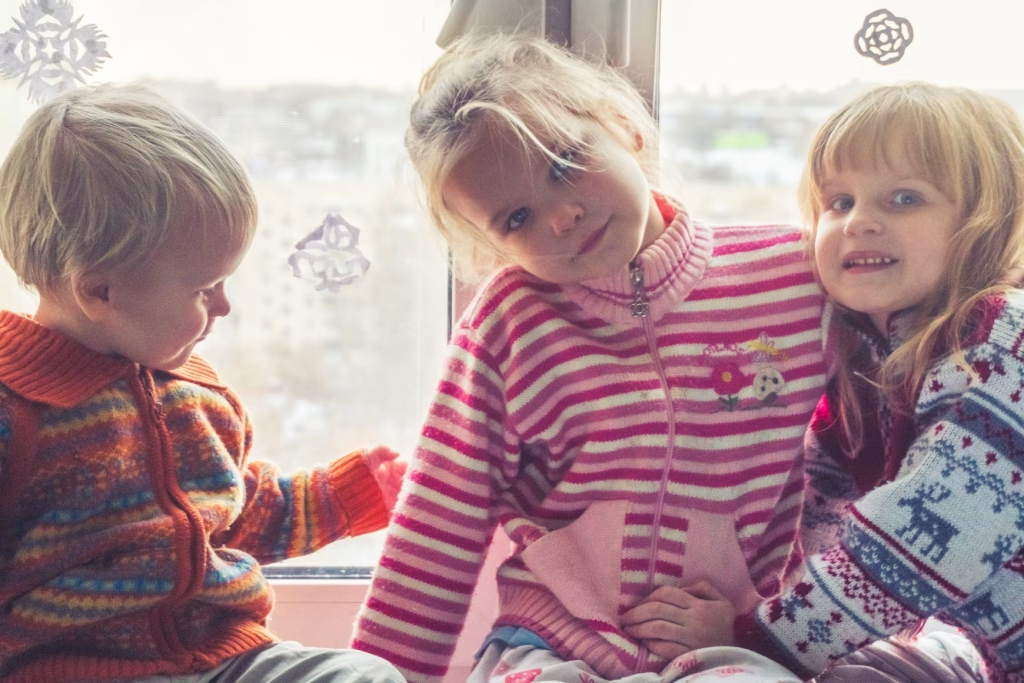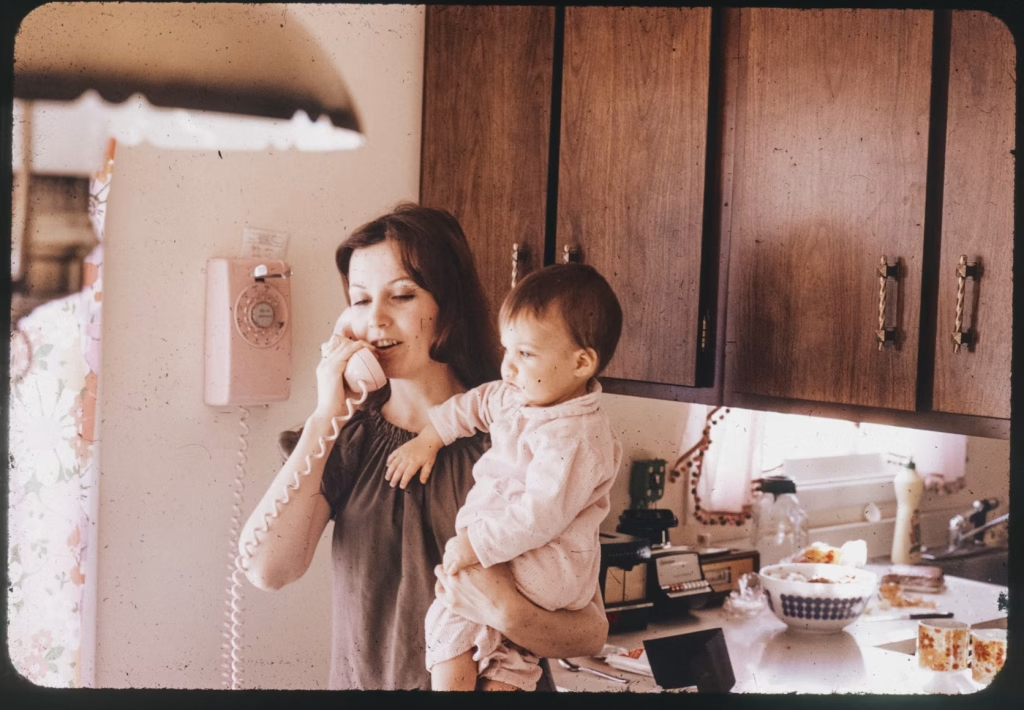
You’d think a $300 designer hoodie for a toddler would make any parent run the other way. But some moms and dads keep reaching for high-end tags even when it doesn’t make financial sense. Whether it’s the allure of a tiny Gucci tracksuit or a mini Burberry trench coat, there’s something about these labels that keeps them irresistible. The truth is, many parents want their kids to have the best, even if that means splurging beyond their means. Here are seven luxury brands that parents won’t stop buying for their kids, even when it stretches their wallets way too far.
1. Gucci
Gucci has become a symbol of fashion status for adults, and now it’s trickled down to the nursery. With everything from baby shoes to tracksuits featuring the iconic green-red-green stripe, it’s no wonder this is one of the top luxury brands that parents won’t stop buying. The quality is high, but the price tags are even higher—think $250 for toddler sneakers and $600 for a pint-sized jacket. Still, Gucci often ends up in family photos, social media posts, and school events where parents want to make a bold statement. For many, it’s not just clothing—it’s a way to show they’re giving their child the very best.
2. Burberry
There’s something about that classic Burberry plaid that screams timeless luxury. Parents are frequently drawn to this brand for coats, onesies, and even baby blankets, with the hope that it will last long enough to pass down to younger siblings. While the quality is undeniably solid, it’s not exactly budget-friendly—baby dresses can go for $300+, and children’s coats can hit $600 or more. Even so, Burberry is one of those luxury brands that parents won’t stop buying because it blends elegance with heritage. It feels like an investment, even when the math doesn’t quite add up.
3. Ralph Lauren
Ralph Lauren might be the most affordable brand on this list, but it still qualifies as luxury when you’re buying $75 sweaters for a 5-year-old. The preppy polos and button-downs are a favorite among parents who want their kids to look polished without diving too deep into designer prices. Still, when the wardrobe consists almost entirely of pony-emblazoned pieces, the receipts add up fast. Ralph Lauren remains one of the luxury brands that parents won’t stop buying because it offers the look of upscale fashion without full-on sticker shock. It’s stylish, accessible, and addictively classic.
4. Balenciaga
For those wanting their kids to look edgy and cool, Balenciaga is a top pick—even if the price is jaw-dropping. With oversized tees, sneakers, and hoodies designed for children, the brand has made a surprising entrance into the kids fashion world. But when those child-sized shoes cost $595 and the hoodies go for $300+, it begs the question: is this really necessary for someone who still eats paste? Yet, Balenciaga continues to be one of the luxury brands that parents won’t stop buying, largely driven by social media culture and celebrity influence. It’s not practical, but for some parents, it’s about image over logic.
5. Moncler
Need a winter coat for your toddler? Moncler has one—if you’re okay spending nearly $600. This Italian brand is known for its high-end outerwear, and kids’ versions are no exception. While these coats are undeniably warm and well-made, many families still purchase them even when it’s financially tight. Why? Because Moncler is one of the luxury brands that parents won’t stop buying to ensure their child is “the best dressed on the playground.” It combines function with flashy fashion appeal, which makes it irresistible to trend-conscious parents.
6. Fendi
From bold logos to bright patterns, Fendi creates mini wardrobes that look like they came straight off a runway. Whether it’s baby bibs or fur-trimmed jackets, the brand oozes luxury and isn’t shy about its price points. Even basic baby onesies can cost upwards of $200. But despite the cost, Fendi is one of those luxury brands that parents won’t stop buying when they want their children to stand out in a crowd. It’s extravagant, yes—but for some, that’s the point.
7. Dolce & Gabbana
Dolce & Gabbana takes kid couture to the next level with detailed embroidery, rich fabrics, and bold patterns that scream high fashion. The brand regularly releases children’s collections that mimic their adult counterparts, which some parents find irresistible. Even a simple T-shirt can cost more than $150. Still, Dolce & Gabbana remains one of the luxury brands that parents won’t stop buying because it offers a glamorous escape from the ordinary. For many, dressing their child in D&G is about making everyday moments feel like a red carpet event.
Are the Tiny Labels Worth the Big Price?
There’s no denying the appeal of luxury labels, even in the kid-size section. But when spending on fashion outweighs savings, practicality, or comfort, it’s worth stepping back. High-end style can be fun, but it shouldn’t become a financial burden or the way a parent measures their value. The love, care, and confidence you give your child will always matter more than the label inside their shirt. Choose what works for your budget—and your peace of mind.
Have you ever splurged on a luxury brand for your child, even when you knew it wasn’t practical? Share your experience in the comments!
Read More:
5 Baby Names That Are Associated with Luxury Brands
8 Expensive Things Parents Buy That Kids Don’t Even Care About
Catherine is a tech-savvy writer who has focused on the personal finance space for more than eight years. She has a Bachelor’s in Information Technology and enjoys showcasing how tech can simplify everyday personal finance tasks like budgeting, spending tracking, and planning for the future. Additionally, she’s explored the ins and outs of the world of side hustles and loves to share what she’s learned along the way. When she’s not working, you can find her relaxing at home in the Pacific Northwest with her two cats or enjoying a cup of coffee at her neighborhood cafe.













